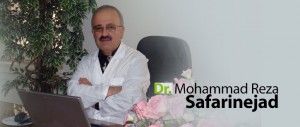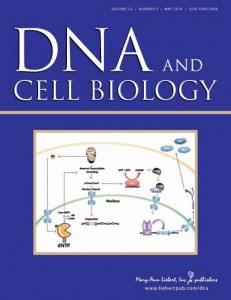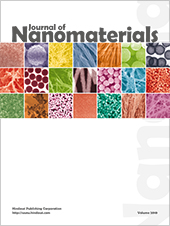 A urologist in Iran has lost three papers in BJU International, bringing his retraction count to a half-dozen.
A urologist in Iran has lost three papers in BJU International, bringing his retraction count to a half-dozen.
In December 2013, we reported on three retractions by Mohammad Reza Safarinejad. None of those notices, about papers related to incontinence and erectile dysfunction, made the reasons for retraction very clear. After that post ran, Safarinejad told us that Hartmut Porst, former president of the European Society for Sexual Medicine, had raised questions about the data in a number of his papers. Porst confirmed that for us earlier this month.
All of the latest papers, about aspects of male sexual dysfunction, are being retracted due to “inappropriate” statistical analyses.
Here’s the notice for “Analysis of association between the 5-HTTLPR and STin2 polymorphisms in the serotonin-transporter gene and clinical response to a selective serotonin reuptake inhibitor (sertraline) in patients with premature ejaculation,” which has been cited 17 times, according to Thomson Scientific’s Web of Knowledge: Continue reading Urology researcher in Iran up to six retractions







